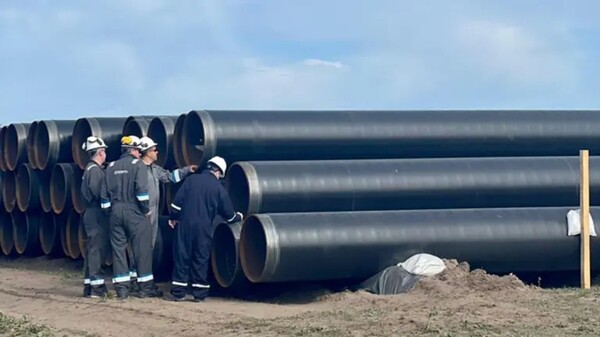
State and transport workers are preparing to carry out a 36-hour strike in protest against government policies. These measures, planned by the Association of State Workers (ATE) and various transport unions, aim to express their rejection of wage destruction, mass layoffs, and plans for the privatization of state properties driven by the government.
Rodolfo Aguiar, Secretary General of ATE, emphasized the importance of worker unity to face current adversities and regain lost hope. The strike on Wednesday, the 30th, which will have the support of ATE and other transport unions, is expected to measure the strength of the sectors within the CGT and highlight the internal crisis in the labor federation.
The conflict intensifies with the end of mandatory reconciliation and a pending wage meeting, where it is expected that the Union of Automotive Tram Operators (UTA) will decide to join the strike if there is no satisfactory agreement. ATE, in addition to demanding the reinstatement of those laid off and the cessation of harmful measures against workers, is also joining the call against privatizations and the draining of state agencies.
The National Transport Table, led by unions such as Truckers, La Fraternidad, and the Argentine Association of Aeronavigators, supports the measures of force and reflects the growing union pressure against government policies. Workers express their discontent over the loss of purchasing power and the precariousness of their working conditions, calling for the reopening of wage negotiations and a response to their fair demands.
The convergence of ATE and the transport unions in this general strike on October 30 shows the workers' determination to confront adjustment measures and highlights the importance of union resistance in a context of economic and political crisis.














